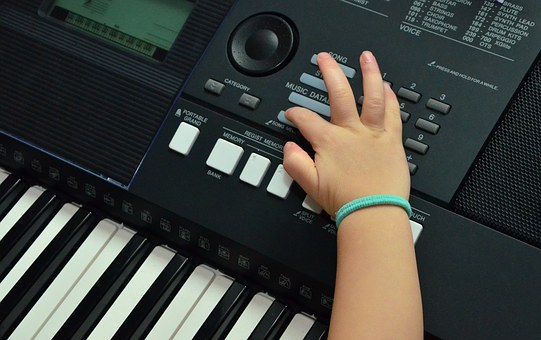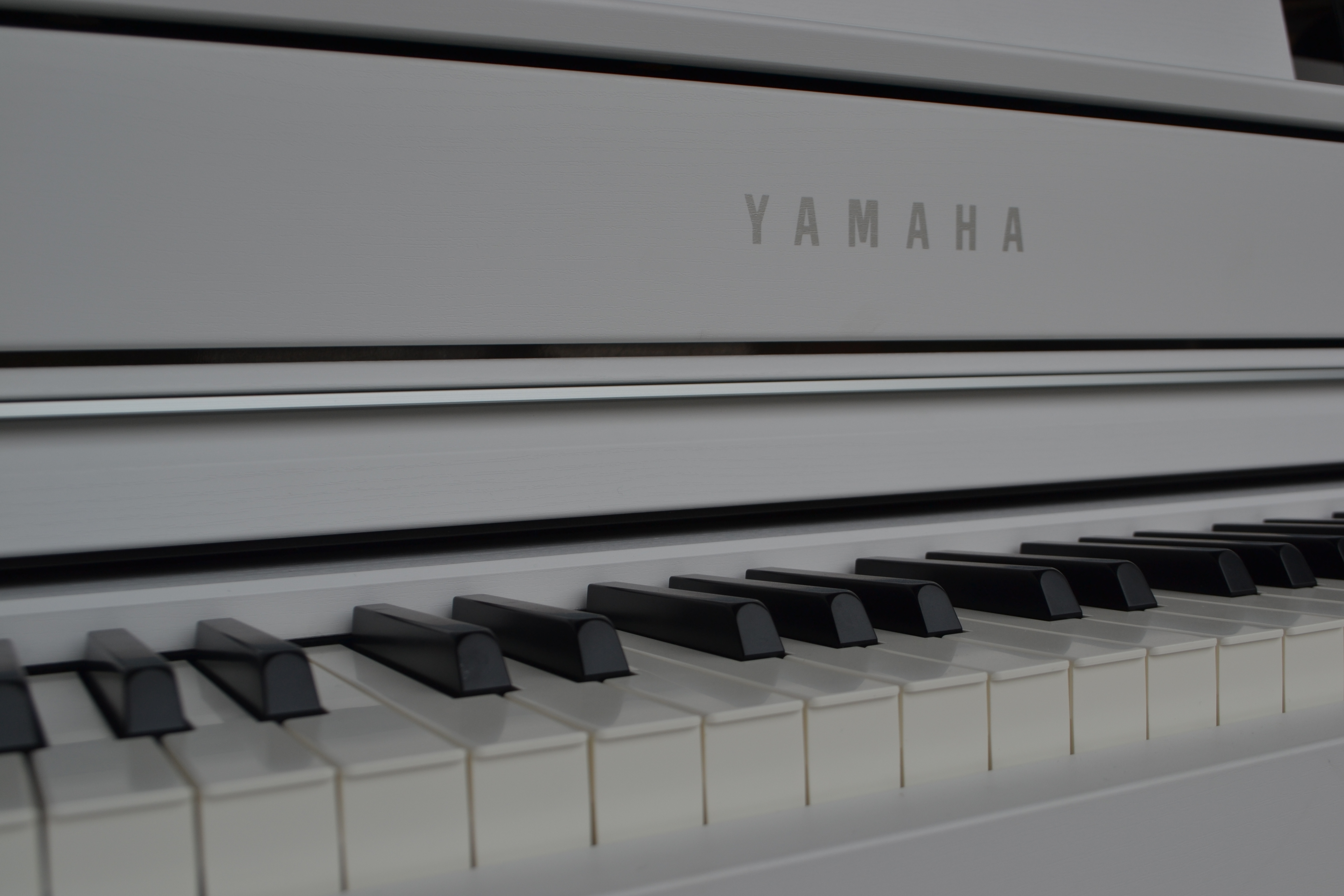Should I buy an acoustic piano or an electronic piano? RSS
Electronic or Acoustic?
The answer depends on your budget, the space available in your home, whether you want to be able to transport your piano, for instance to play in concerts, and what level of pianistic skill you hope to achieve.
Electronic pianos are immeasurably better than they used to be and, at the top end of the market, they sound good. An advantage of an electronic piano is that it stays in tune without the expense of having it tuned every six months. If you have a limited budget, it may be better to buy a good electronic instrument than a poor acoustic one since low-budget, acoustic pianos can be uneven in touch, poor in sound and difficult to keep in tune particularly when they are old.

Electronic pianos take up less space but, if they go wrong, they tend not to not work at all whereas if an acoustic piano develops a problem it will still be playable and can be often improved by a good technician. An acoustic piano needs no power supply so it may be positioned anywhere you choose in the home. On the other hand, an electronic piano can be used with headphones if you need to practise when the neighbours might be disturbed or when another member of the family is trying to sleep.
An electronic instrument is, in reality, an electronic substitute for a traditional piano and, in terms of physical touch and feel, it does not measure up to the real thing. It feels less stable when playing loud or energetic passages and the volume control prevents a true reflection of how much arm-weight is needed to play loudly or quietly.

The deal-breaker, in my opinion, is that an acoustic piano produces overtones because the sound is made using string vibration. People (and also other animals!) like overtones. See this video for a demonstration of overtones:
An electronic piano cannot do this so the sound, however pleasant, can never really match up to the subtleties and delights of an acoustic piano. The sustaining pedal of an electronic instrument merely makes the notes last longer whereas the pedal on an acoustic piano also enhances the tone. Each make of acoustic piano has its own particular feel and sound, for instance if we compare a Steinway with a Yamaha. An electronic piano feels soul-less to a sensitive musician but every acoustic piano is slightly different and has its own 'character'.
If you do decide to buy a new acoustic piano, my personal favourite is a Steinway but, if this is out of your budget, you really can't go wrong with a Yamaha - in fact one of our pianos is a Yamaha conservatoire grand and this is the instrument on which we recorded many of the E-MusicMaestro examples.
Where to buy a piano
Because all electronic pianos of the same specification and make are essentially identical, choosing is a matter of identifying a suitable instrument for the kind of playing you enjoy. Once you have decided, shop around for the best price!
If you want an acoustic piano and you're lucky enough to know someone who is re-homing a one at a good price, do play it first or, if you are a beginner, have it played for you by your teacher or a pianist friend. Also, have it checked out by a qualified piano technician because defects due to age, use, and storage are difficult to spot even by a good pianist and you could, for instance, be buying a piano the will never hold its tuning.
I honestly recommend buying from a reputable dealer with excellent reviews such as Mark Goodwin's Yamaha Pianos in Lancashire, where you will be welcome to try out as many pianos as you wish, either new or reconditioned, and you can even watch videos of individual pianos if you live too far away to visit.
Sandy Holland